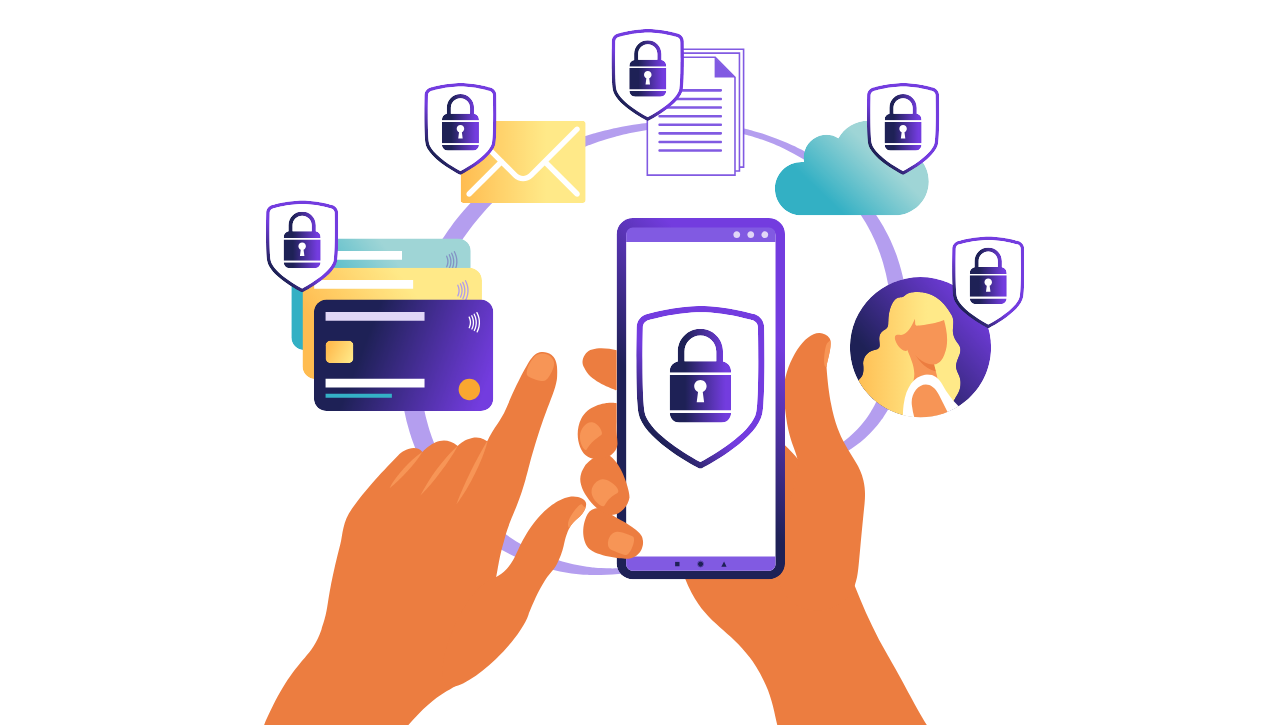
The main content of the article
Europe has long been a dream destination for travelers worldwide, thanks to its rich culture, long history, and stunning landscapes. However, alongside unforgettable experiences, tourists also face an uncomfortable reality: Europe tourist scams are on the rise in many countries. Equipping yourself with knowledge about common Europe scams is crucial to ensure a safer and more enjoyable trip.

Common travel scams to avoid in europe
When arriving in a new destination, a lack of familiarity with the local culture and surroundings can make travelers an easy target for scammers in Europe. Below are some of the most common travel scams to avoid:
At major tourist attractions, you may encounter individuals holding clipboards asking for signatures to support a charity or association for the deaf. After signing, you’ll be asked to make a donation. While you’re distracted, accomplices may attempt to pickpocket you from behind.
Some scammers in Europe pose as police officers and ask to check your ID and cash, claiming it's part of an anti-counterfeiting check. Their real aim is to steal your money or personal information. Always ask to see official identification and never hand over cash to anyone without proper justification.
While withdrawing money from ATMs, you may encounter skimming devices designed to steal card information. To protect yourself, always inspect ATMs carefully before use and choose machines located inside reputable banks or secure locations.
A scammer might pretend to drop a wallet or ask for help to distract you, while an accomplice steals your belongings. Always remain vigilant and keep your valuables in a secure place.
At airports or popular tourist hubs, some unlicensed taxi drivers may overcharge or take longer routes to increase fares. To avoid this, use reputable taxi services or trusted ride-hailing apps.
Some travelers fall victim to fake online listings that offer attractive prices. After paying a deposit, they discover the property doesn’t exist or is very different from the description. Always verify accommodation details and reviews before booking, and avoid sending money directly to the owner without using a reliable platform.
Certain restaurants may exploit tourists by serving unsolicited dishes or services, then charging exorbitant fees. Always check the menu thoroughly and confirm prices before ordering.
![]() See More: eSIM Compatible Phones in 2025 - Is Your Phone Ready?
See More: eSIM Compatible Phones in 2025 - Is Your Phone Ready?

Countries in europe with the highest rate of tourist scams
Although Europe tourist scams can occur in any destination, certain countries in Europe report a significantly higher frequency of these incidents. Recent studies indicate that Spain tops the list, with approximately 21.5% of international visitors falling victim to various travel scams during their stay. The problem is particularly prevalent in major tourist hubs like Barcelona and Madrid, where scammers often target unsuspecting travelers in crowded areas, including public transport, famous landmarks, and bustling markets.
Similarly, Italy is widely regarded as one of the countries with the highest pickpocketing rates in Europe. Popular tourist cities such as Rome, Naples, Venice, Milan, and Florence are well-known hotspots where pickpockets and scammers operate with skill and subtlety. In these locations, tourists should remain vigilant, especially in crowded tourist attractions, train stations, and busy squares, where thieves tend to work in groups and use distraction techniques to steal valuables.

4 Safety tips for travelers to avoid scams in europe
When traveling across Europe, it’s crucial to be aware of potential Europe tourist scams and adopt smart habits to protect yourself. Below are detailed safety tips for travelers to minimize the risk of becoming a target:
Scammers often prey on tourists who appear distracted or overly trusting. Always maintain situational awareness, especially if approached by strangers offering unsolicited help, free gifts, or posing as authority figures. Politely decline and move away from uncomfortable situations to avoid falling into common traps such as "fake petitions" or "friendship bracelet scams".
Before booking any hotel, apartment, or transport service (such as airport transfers or taxis), take the time to review customer feedback on trusted platforms like Booking.com, TripAdvisor, or Google Reviews. Pay attention to red flags such as fake listings, extremely low prices, or a lack of credible reviews.
Never hand over passports, ID cards, or cash to strangers, no matter how convincing they may seem. If law enforcement officers approach you, always request to see their identification and verify their badge number if needed. Carry only a small amount of cash and consider using a money belt or hidden pouch to store valuables discreetly.
Places like train stations, metro lines, famous landmarks, and popular squares are prime locations for pickpocketing and distraction scams. Watch for suspicious behavior, such as individuals getting too close or groups attempting to divert your attention. Always keep bags zipped and worn in front of you, and avoid carrying valuables in back pockets or easy-to-reach compartments.

Expert advice and official travel guidance
Besides personal vigilance, travelers should also stay updated on official travel recommendations and make use of modern tools to stay safe.
Check government advisories and embassy updates: Before and during your trip, regularly check travel advisories from your home country’s Ministry of Foreign Affairs or embassy websites. These sources provide updated information on crime trends, local scams, and safety warnings specific to your destination.
Equip yourself with essential travel apps: Leverage technology to enhance your security. Download translation apps (e.g., Google Translate), offline navigation tools (e.g., Maps.me, Google Maps offline), and save local emergency numbers (police, ambulance, embassy hotlines). These tools will help you navigate unfamiliar environments and respond quickly in case of an emergency.
To fully enjoy your European adventure, it’s crucial to stay informed about common Europe tourist scams and take proactive steps to protect yourself. By remaining alert, following essential safety tips for travelers, and trusting official sources, you’ll minimize risks and maximize enjoyment. Travel smart, stay vigilant, and make the most of your journey across Europe—safely and confidently!
📞 Contact and buy Way2go Travel SIM Today!
Website: https://way2go.vn
Hotline: 090.222.7715
Email: [email protected]
Enrich your travel experience while staying connected
